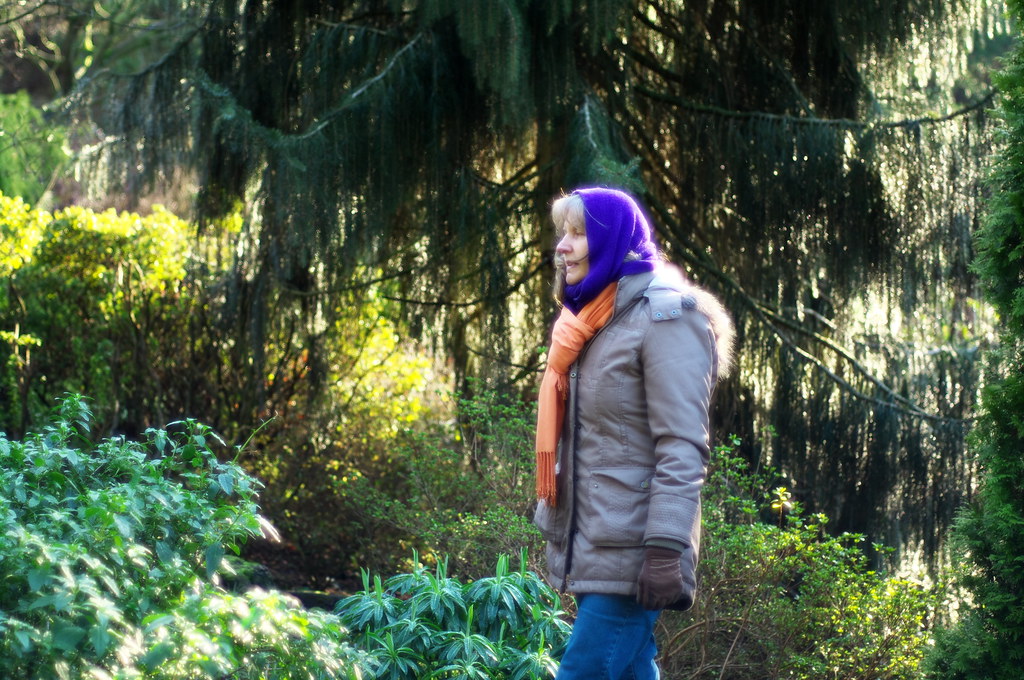 Originally posted by 6BQ5
Originally posted by 6BQ5 
Do big aperture full frame lenses overwhelm APS sized sensors with too much light? Today I tried shooting with a Jupiter 9 lens (85mm, f/2) wide open and I got a horribly overexposed image. Granted, this was in broad daylight. Does the full frame spot size produce too much light for the smaller APS sensor cavity? Is light bouncing around all over?
I was able to get better exposures when I stopped down the aperture to f/4 or more.
I think you are confusing several points here. There are many full frame lenses still manufactured for Pentax cameras including many sigma and tamron lenses. There is, in general no issue with exposure, other than the invariable inaccuracies in any lens design and manufacture. Others have explained lenses are designed to give uniform exposure over the frame (assuming uniform lighting of subject) and the difference in sensor size simply determines how much of this uniform light (per square mm) hits the sensor.
Exposure with manual lenses , like the Jupiter 9 may have a differ issue depending on the camera you use. Although not discussed much any more, when the K10 and K20 were first released there was a long debated issue about exposure inaccuracy related to the native aperture of the lens. See the attached graph

The metering is calibrated(my opinion) to match the way the bodies behave with a manual lens, for open aperture metering. With manual lenses the camera does not know what aperture is selected, and therefore there is no calibration applied. You can see that F4-5.6 is the sweet spot for manual lenses and this is because most lenses have an aperture in this range.
The only way to successfully use (again my opinion) manual aperture lenses is to test your lens/camera combination at each aperture using a uniformly lit surface like a block wall or paved roadway, and then measuring the greyscale on the histogram for linearity across all apertures. Once you know how a lens/camera perform you will able to make ese corrections and continue to get great shots


 Similar Threads
Similar Threads 














 Post #28 by stevebrot
Post #28 by stevebrot








